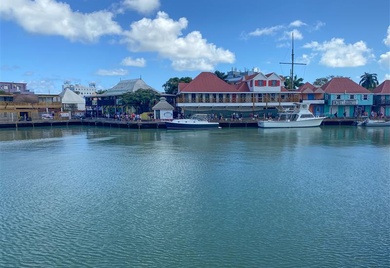Water crises drive private sector innovation

 In response, The Nature Conservancy, in partnership with the IDB, FEMSA Foundation, and the Global Environment Facility, set up a number of water funds to invest in municipal watersheds around Latin America. The first fund began in Quito, Ecuador, but reforestation programs now exist in Colombia, Brazil, Peru, Mexico, and Panama. Collectively, these funds have invested in the conservation of seven million acres of watersheds and improved water access for nearly 50 million people.
In response, The Nature Conservancy, in partnership with the IDB, FEMSA Foundation, and the Global Environment Facility, set up a number of water funds to invest in municipal watersheds around Latin America. The first fund began in Quito, Ecuador, but reforestation programs now exist in Colombia, Brazil, Peru, Mexico, and Panama. Collectively, these funds have invested in the conservation of seven million acres of watersheds and improved water access for nearly 50 million people.
Where does the private sector come in? In Latin America, many municipal water systems are managed by privately held water companies. They provide water services to residents in exchange for fees. And their business is affected by droughts or low water quality.
At the recent Global Green Growth Forum conference in Santiago, Chile, I heard from Aguas Andinas, the water company that manages Santiago’s water supply. The company is facing a number of inter-related challenges: increasing sedimentation in the water supply, lack of sufficient rainfall, and, when it does rain, more intense storms. Sedimentation, for instance, can disrupt the service that Aguas Andinas provides to its customers.
In response, Aguas Andinas is considering how they can invest in a water fund that supports watershed restoration projects and ultimately the water supply that Aguas Andinas depends on. There is a direct link between the health of their business and the health of the Maipo watershed.
In addition to benefits to Aguas Andinas and the residents of Santiago, such a program would also improve carbon sequestration and provide habitat for local wildlife. It’s increasingly evident that water management is an opportunity for shared benefits between businesses, society, and the environment.
LIKE WHAT YOU JUST READ?
Subscribe to our mailing list to stay informed on the latest IDB Invest news, blog posts, upcoming events, and to learn more about specific areas of interest.
Subscribe



